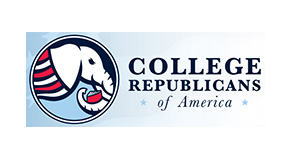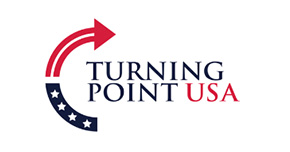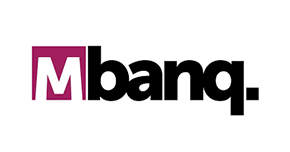As we navigate the complexities of the financial world, this space will serve as our platform to share insights, discuss trends, and explore the policies shaping our economic landscape.

I talk to and meet close to 500 entrepreneurs a year – from the true maverick game changers to the guys as arrogant and dumb as can be.
I believe what differentiates a killer entrepreneur from the rest of the crowd is frankly the depth of their due diligence followed by how they execute
Business after all is WAR and if you haven’t properly done your due diligence you are bound for dismal failure
I thought I’d share with you some of my thoughts in this regard.
1. Don’t invest in something you know nothing about as most people do. Typical recipe for failure. If you have spent your networking years well you should know at a number of people in the industry that can advise you properly. Listen to them closely but don’t take any advice from someone who has not made it in the asset class you are considering investing into big time.
2. When doing your due diligence, always “Trust but Verify” to strike a balance between being too skeptical and too trusting. Being overly skeptical and suspicious can lead to missed opportunities, misunderstandings, and strained relationships. On the other hand, being too trusting and gullible will lead to being taken advantage of, making poor decisions and have a direct relationship to your exit strategy.
3. Learn how to gather “intel”. It is the essence of it all. Due diligence is an essential process for anyone considering investing in or partnering with a company. It involves a comprehensive review of the institution’s financial, and operational performance to identify any potential risks, red flags, or areas of concern.
4. Never let your company’s decision making process be run by advisors. Take their opinion but never rely on them. They have their own agendas.. I personally use a list of a number of touch points in my due diligence process which covers the essential information that I need to understand the people’s character, transaction(s) potential for growth, the path to an exit strategy and the anticipated ROI.
5. The extensive due diligence process that I employ identifies financial threats, regulatory perils, legal threats, and reputational hazards to name just a few of the touch points on my list. It is the sine qua non imperative to evaluate the financial performance of an institution, including its revenue, profitability, and cash flow.
6. Last but not least is the evaluation of the product or service’s compliance with regulatory requirements, legal obligations, and ethical standards as non-compliance with these regulations can result in significant legal and financial consequences, including fines and reputational damage.
And this is only for starters.
Come to the Financial Policy Council https://lnkd.in/eZU2UgYd, be a part of decisions that will shape the country’s future & share your thoughts.

Forecasting our Future January 2, 2025
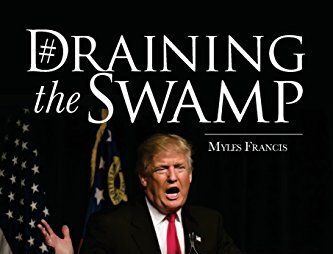
Want to truly Drain the Swamp? December 15, 2024

Will Trumpism Go Global? December 8, 2024

Obliterating The Socialist/Communist Ideology for Good December 4, 2024

My Personal Opinion on Trump’s Dream Team November 19, 2024
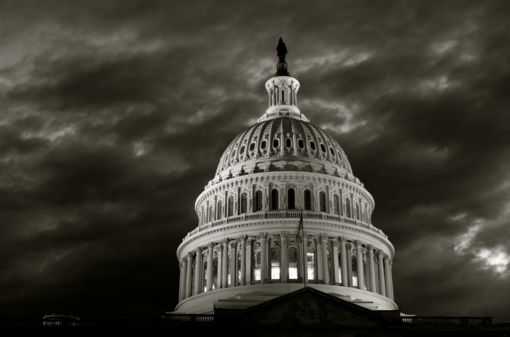
Goodbye Washington Establishment October 25, 2024
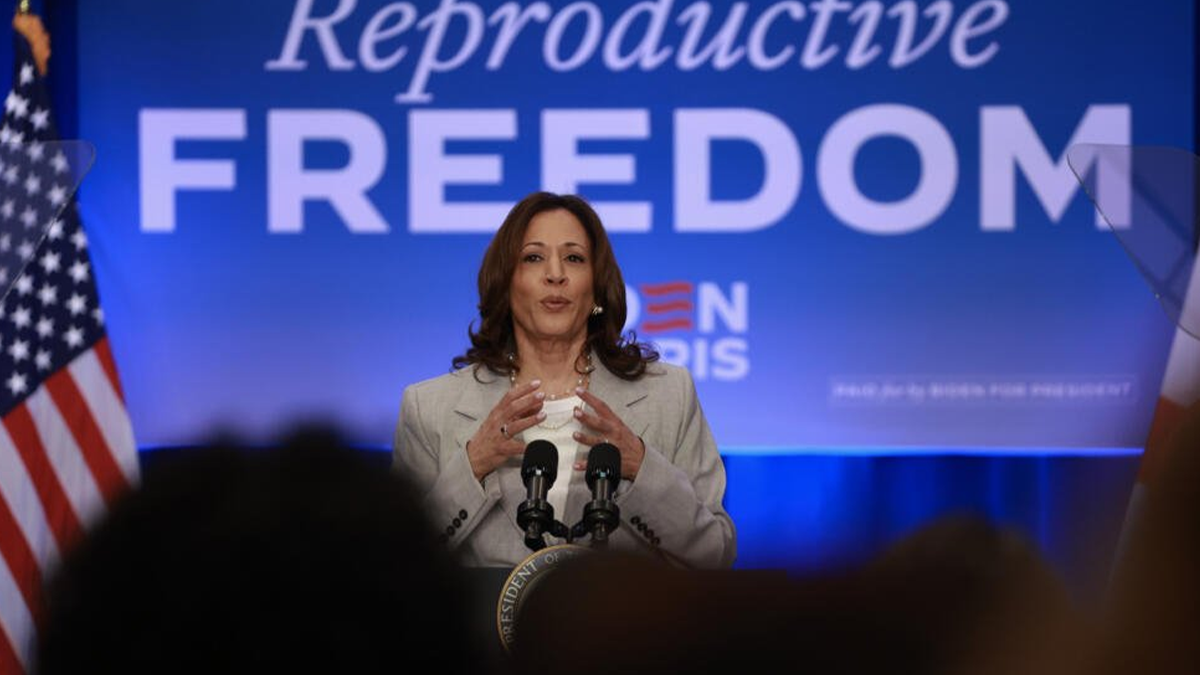
Kamala Reinvents Freedom August 26, 2024
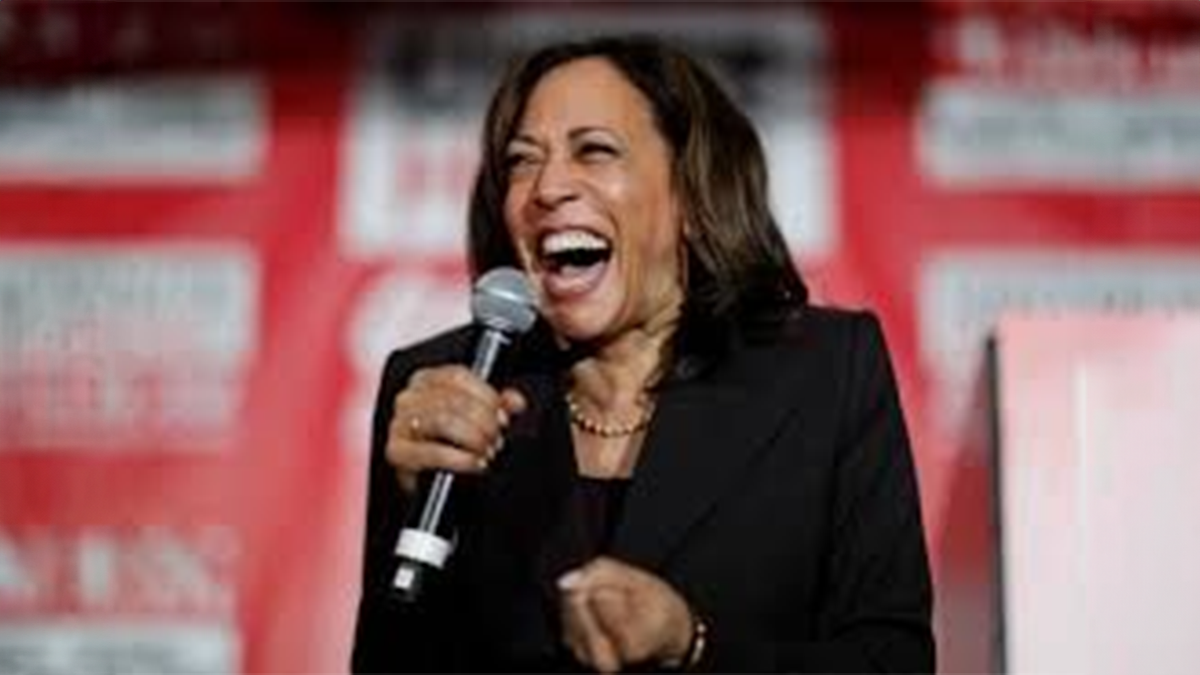
Why Kamala Harris has no chance August 21, 2024

AI and the destruction of America August 19, 2024
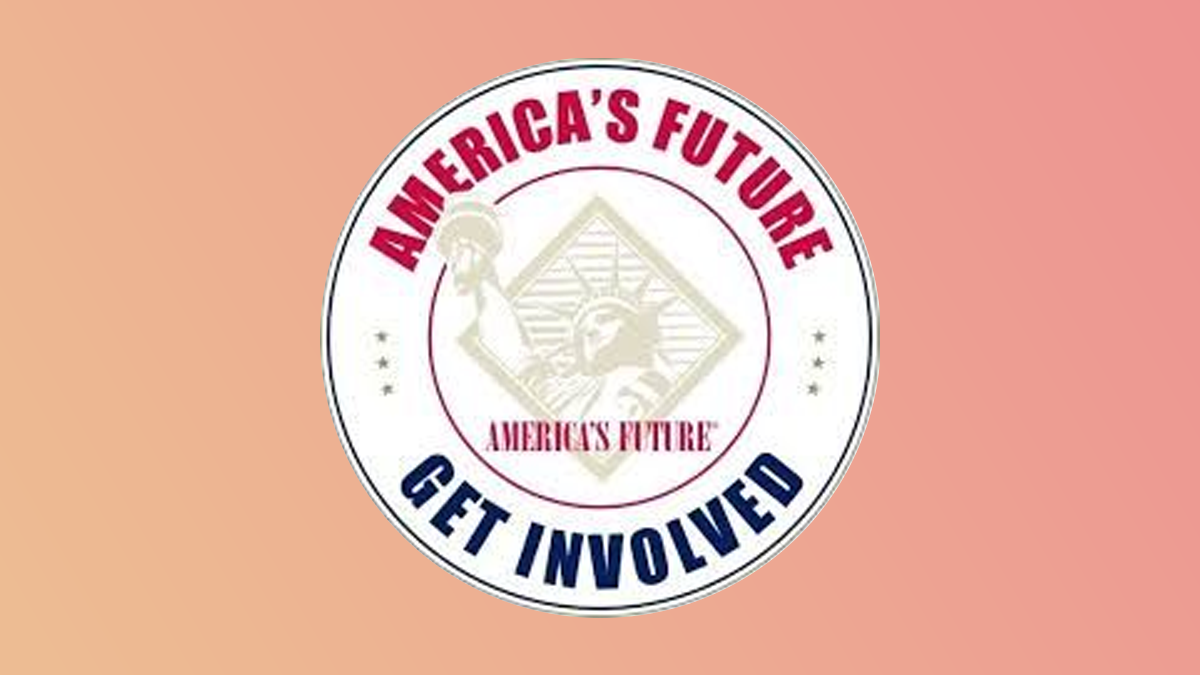
Have you ever thought about our future? August 17, 2024

Have you ever wondered what was the hashtag Reagan Revolution about? August 15, 2024
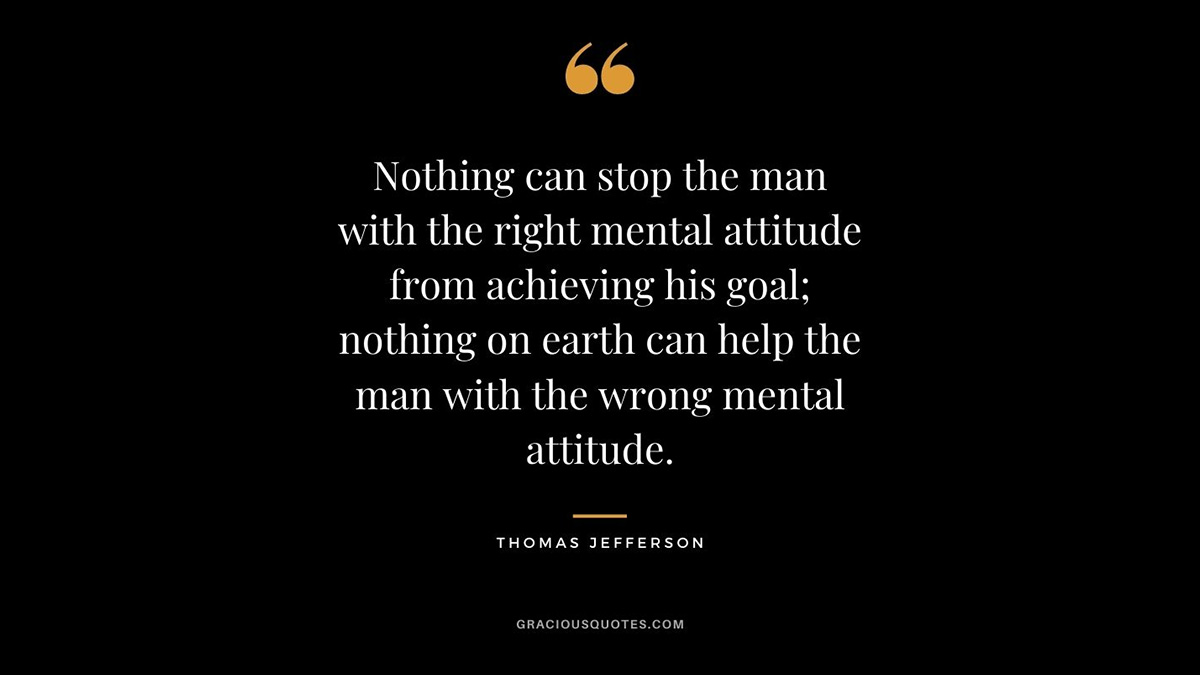
It’s ALL about Attitude folks August 9, 2024
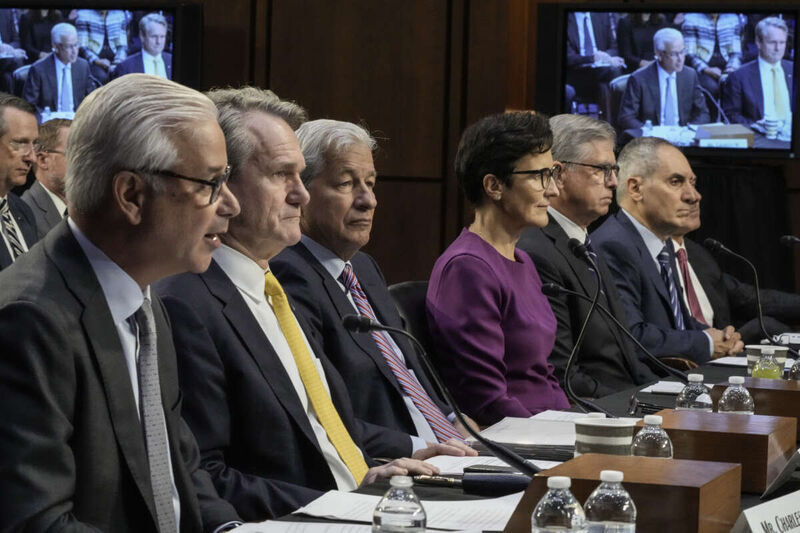
About today’s new class of bureaucrats who call themselves “elite” August 5, 2024
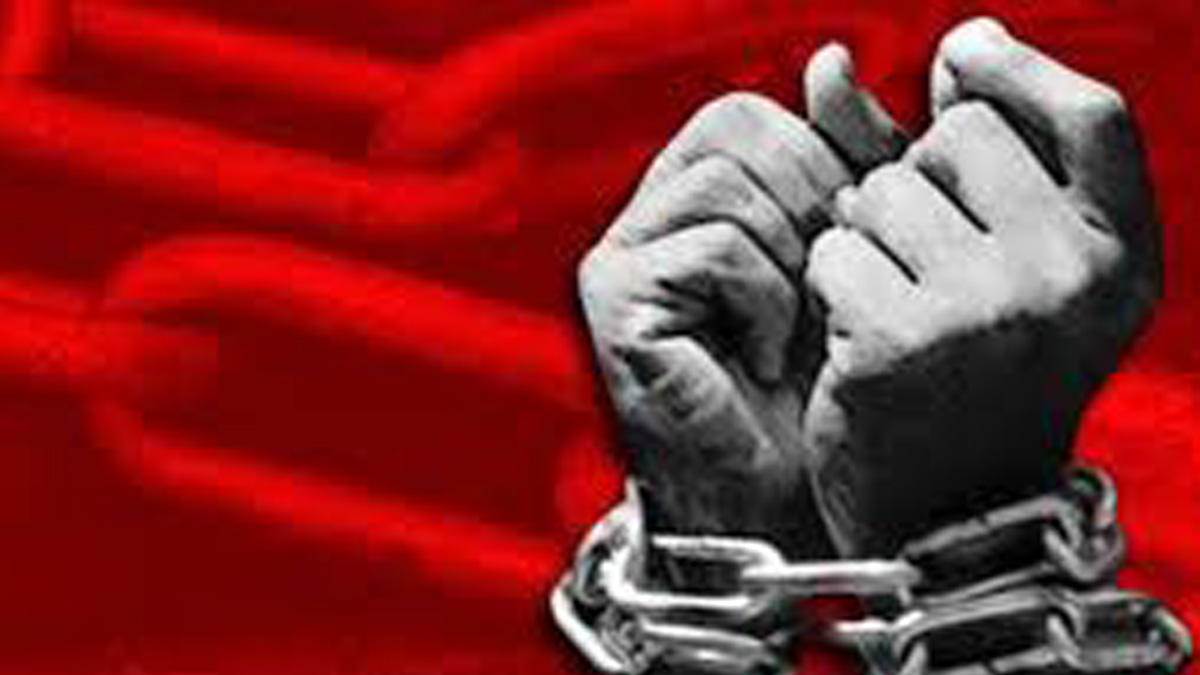
Freedom or Slavery? Time to Choose August 3, 2024

Bitcoin’s Future August 1, 2024
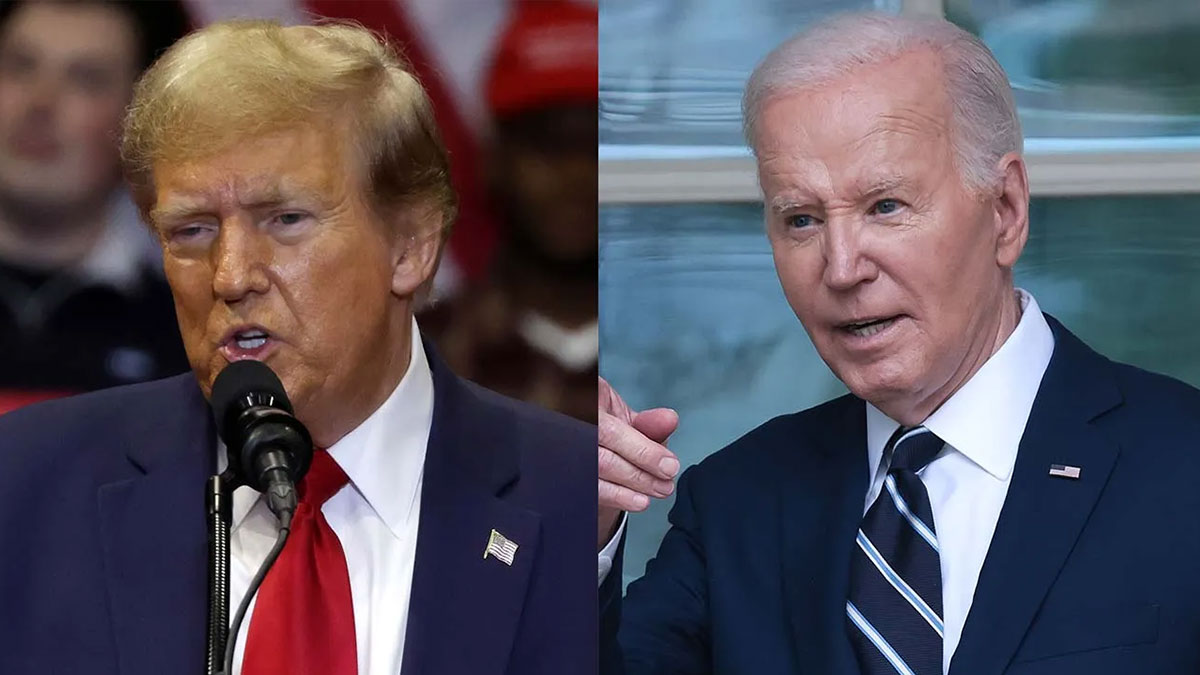
Unlocking the Biden – Trump Quagmire July 4, 2024

Surviving and Prospering During the Upcoming Mayhem June 27, 2024
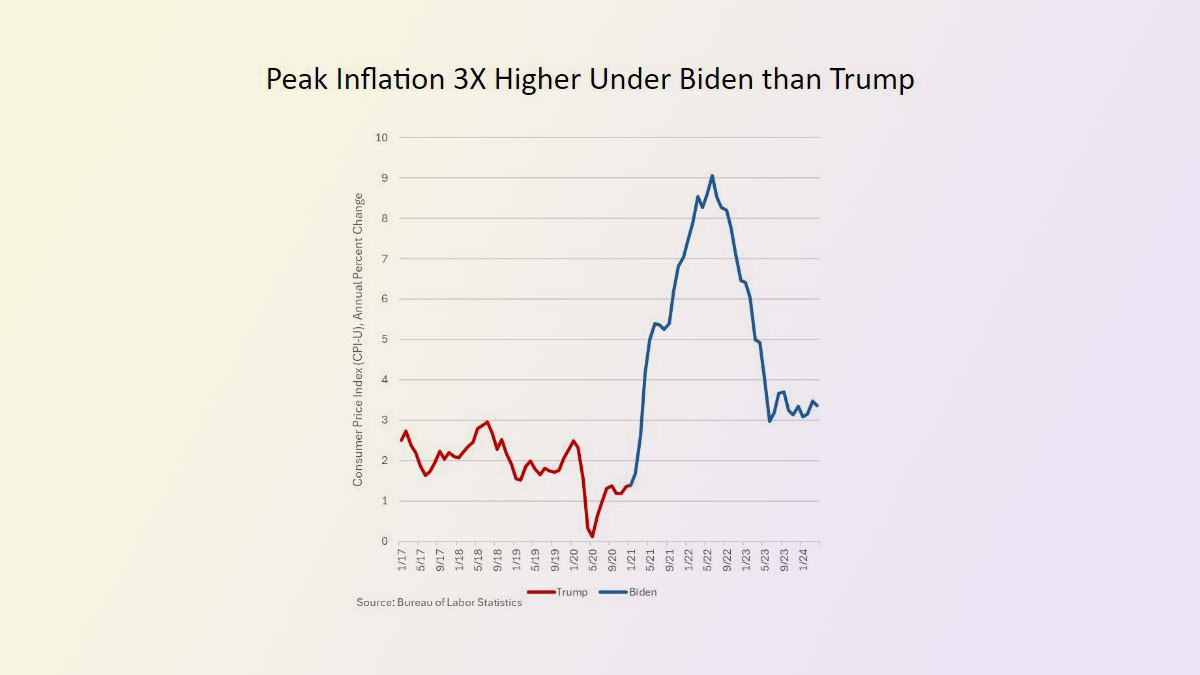
When People Have No Idea What They are Talking About…. June 25, 2024
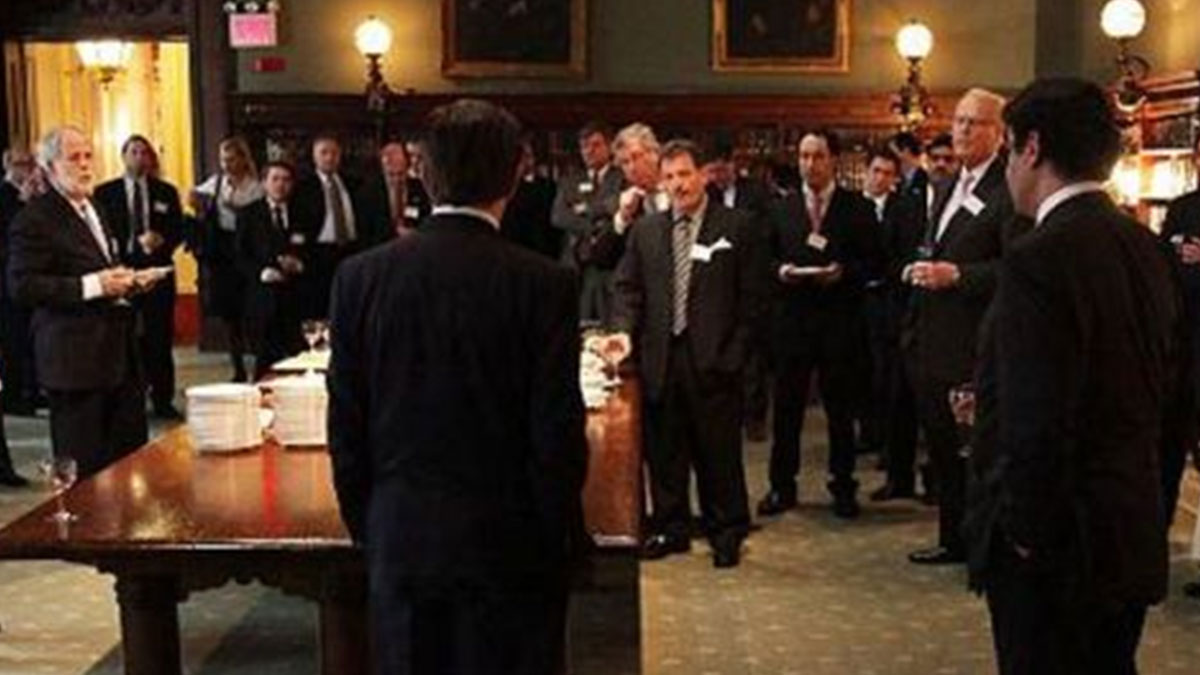
Looking at the Future June 13, 2024

Luminaries at their best June 10, 2024

Money, Power, Control & Crypto June 8, 2024
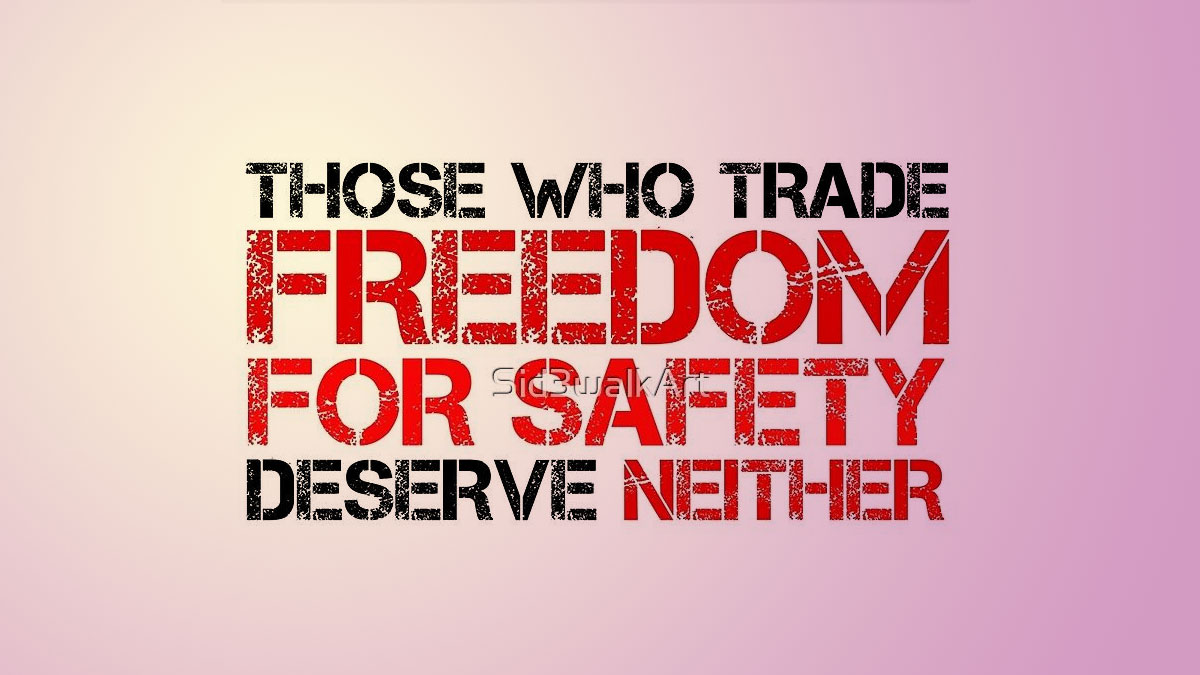
Are you still looking for Liberty and Freedom or have you given up on it? June 6, 2024

Globalism and the New World Order will not survive May 31, 2024
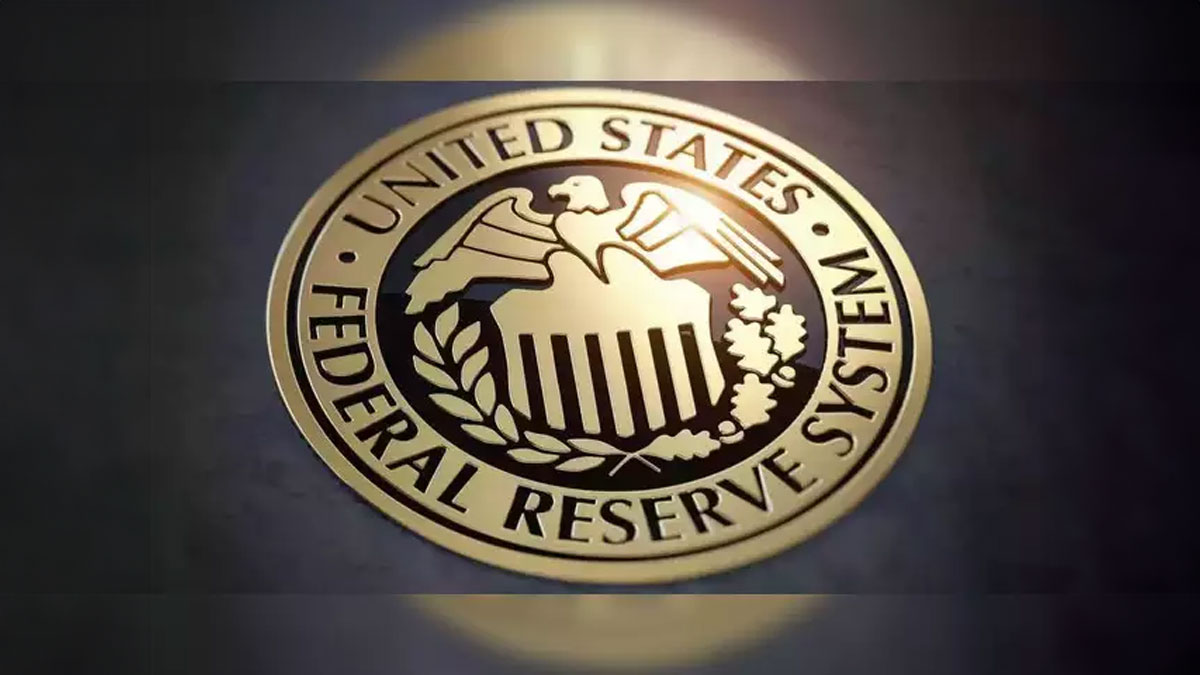
Can the mismanagement of the Federal Reserve lead to much bigger problems? May 29, 2024
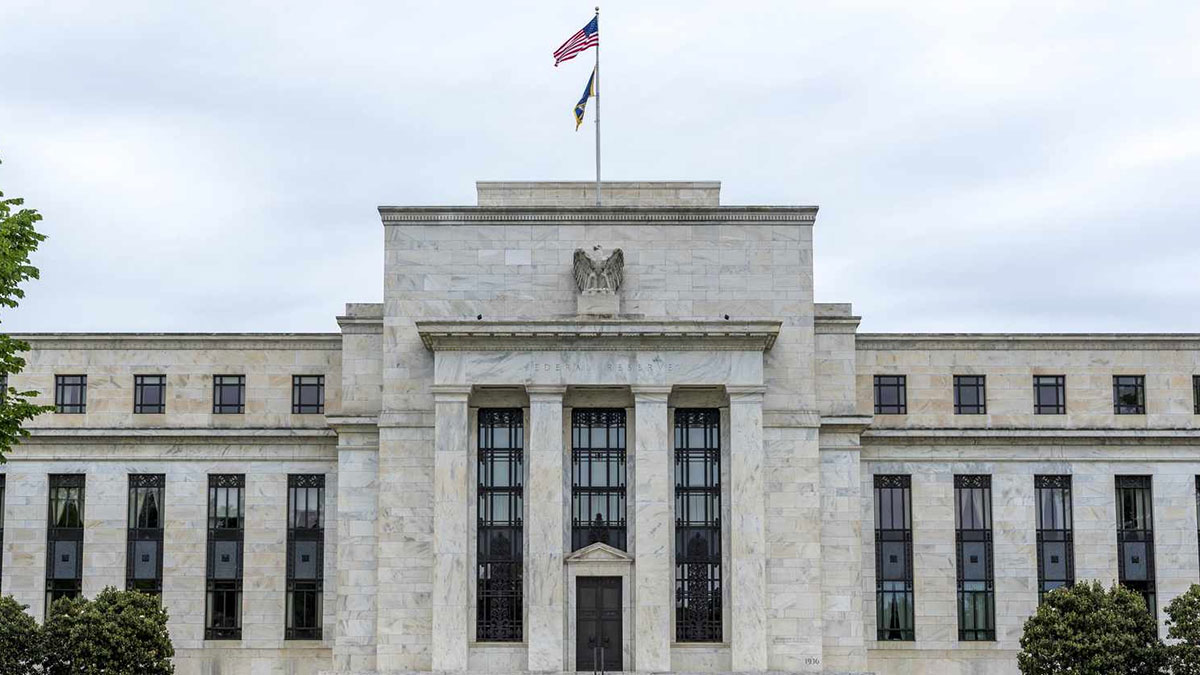
Is the Fed really this mindless? May 22, 2024

The Great American Wealth Creation Machine May 18, 2024
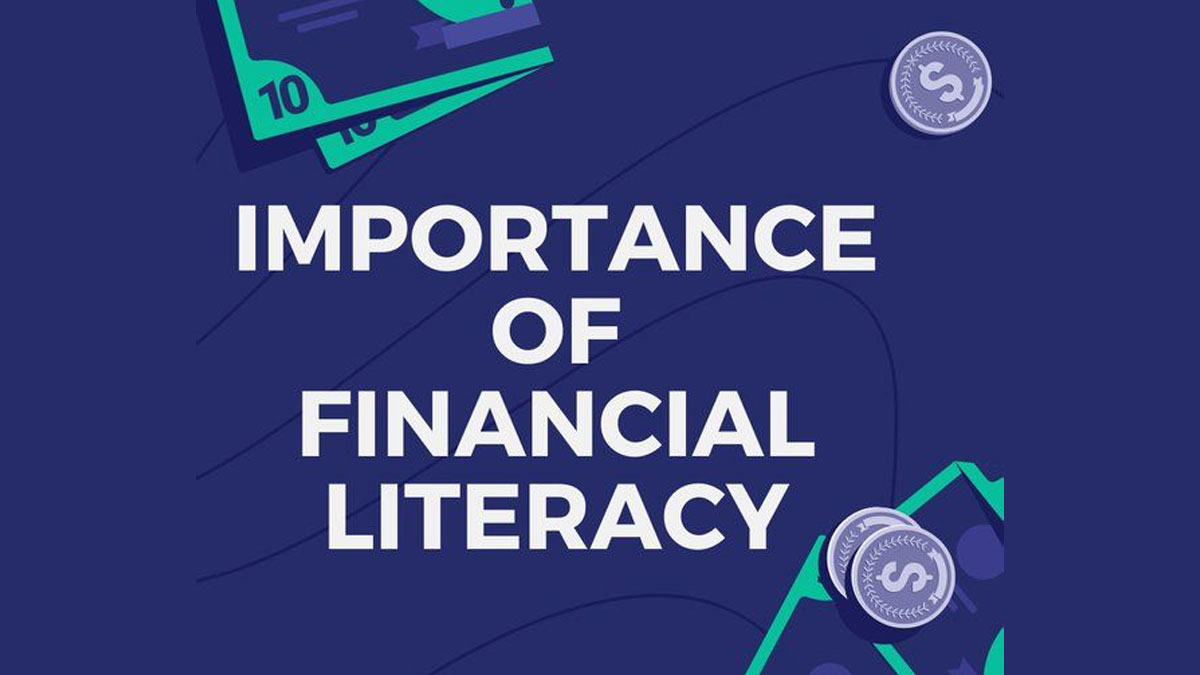
How Illiterate our Financial Press Is May 16, 2024

Are we headed to gasoline prices of $100/Gallon? May 14, 2024
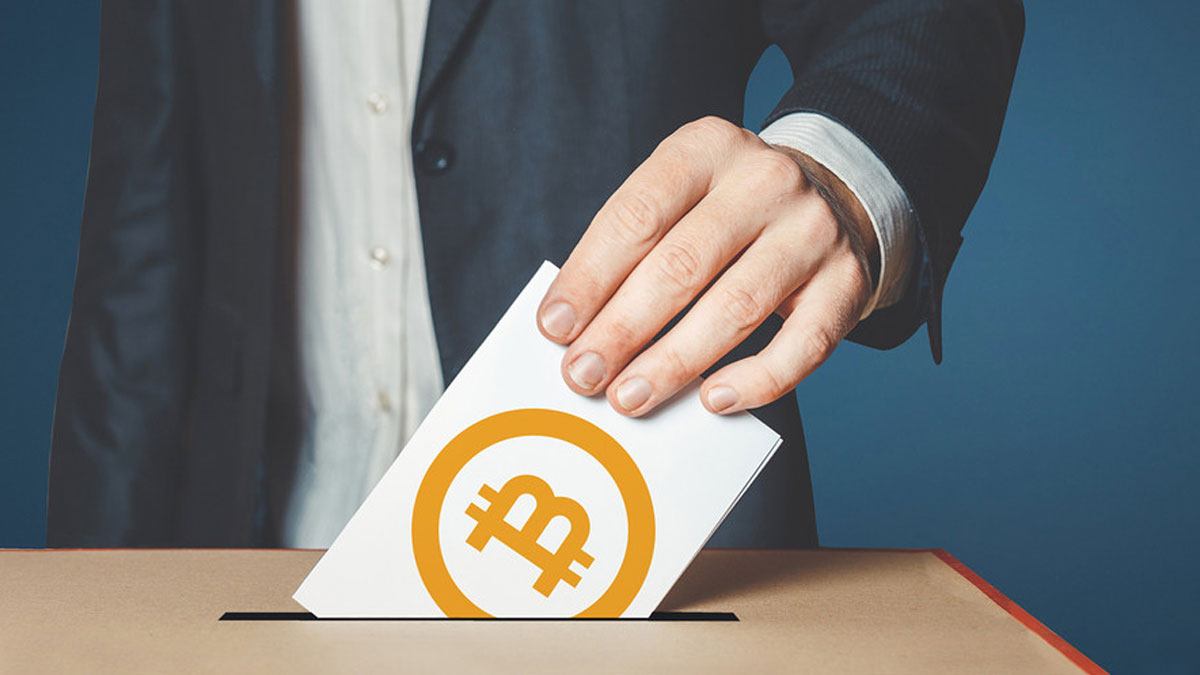
Will Bitcoin determine the fate of the 2024 Elections? May 11, 2024

Is Everything on Social Media Fake? May 8, 2024
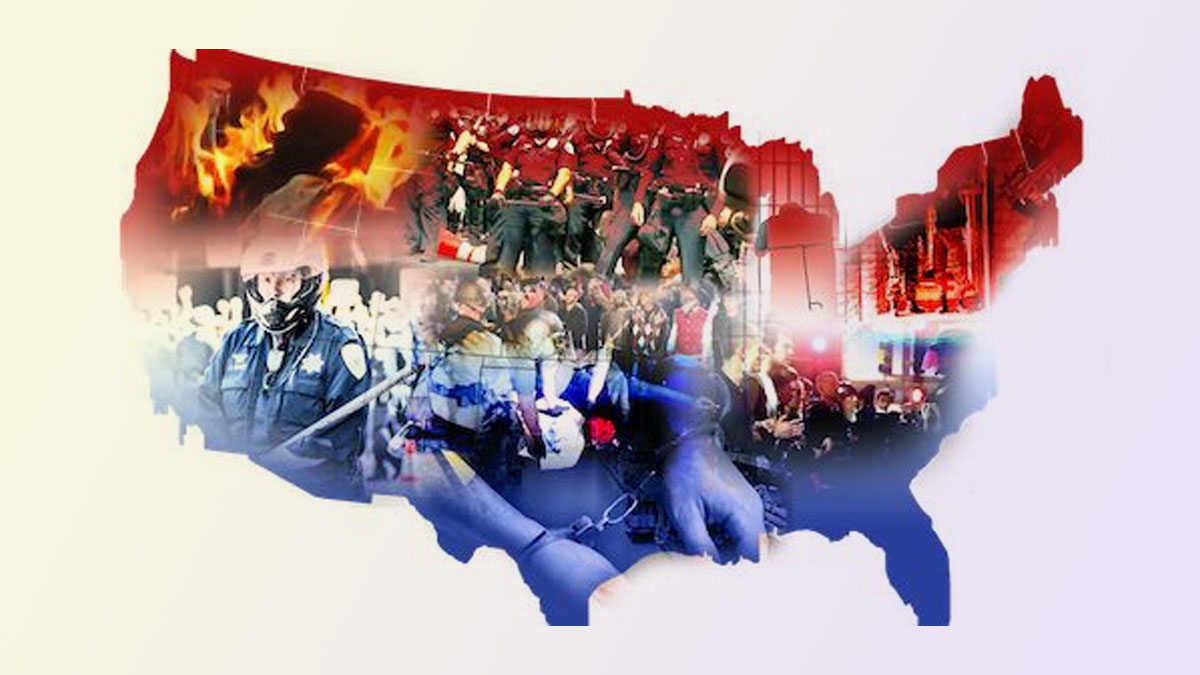
Is America headed for a Civil War? May 5, 2024
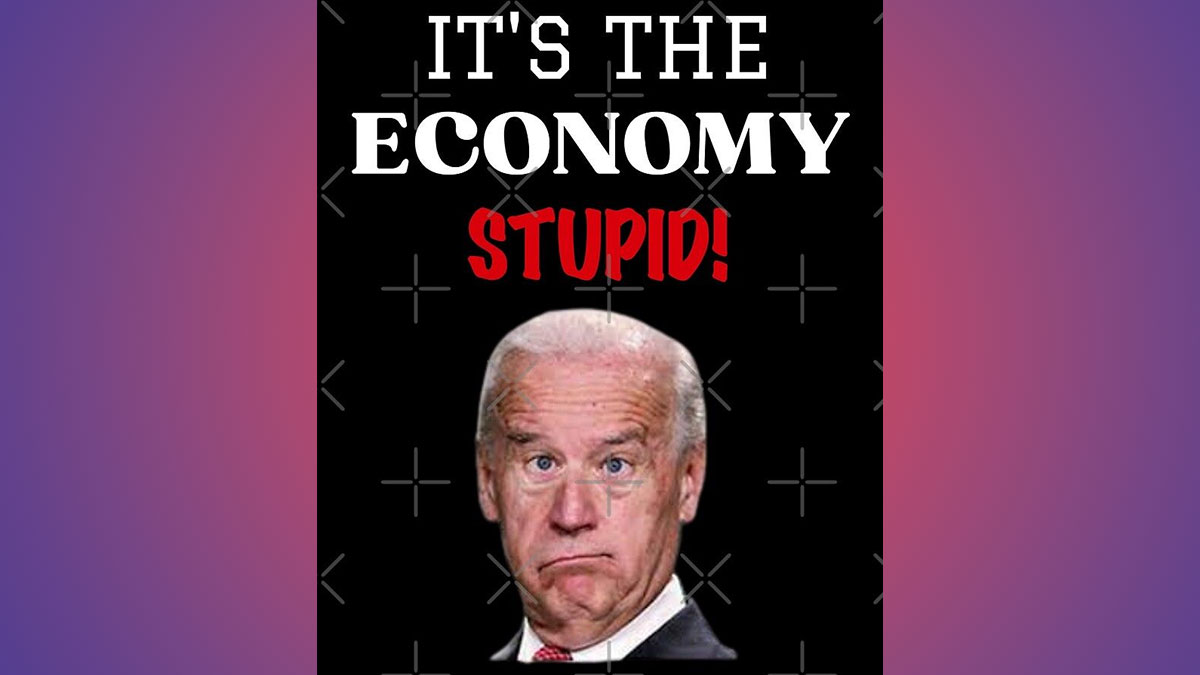
It’s the Economy Again ….. Stupid April 29, 2024
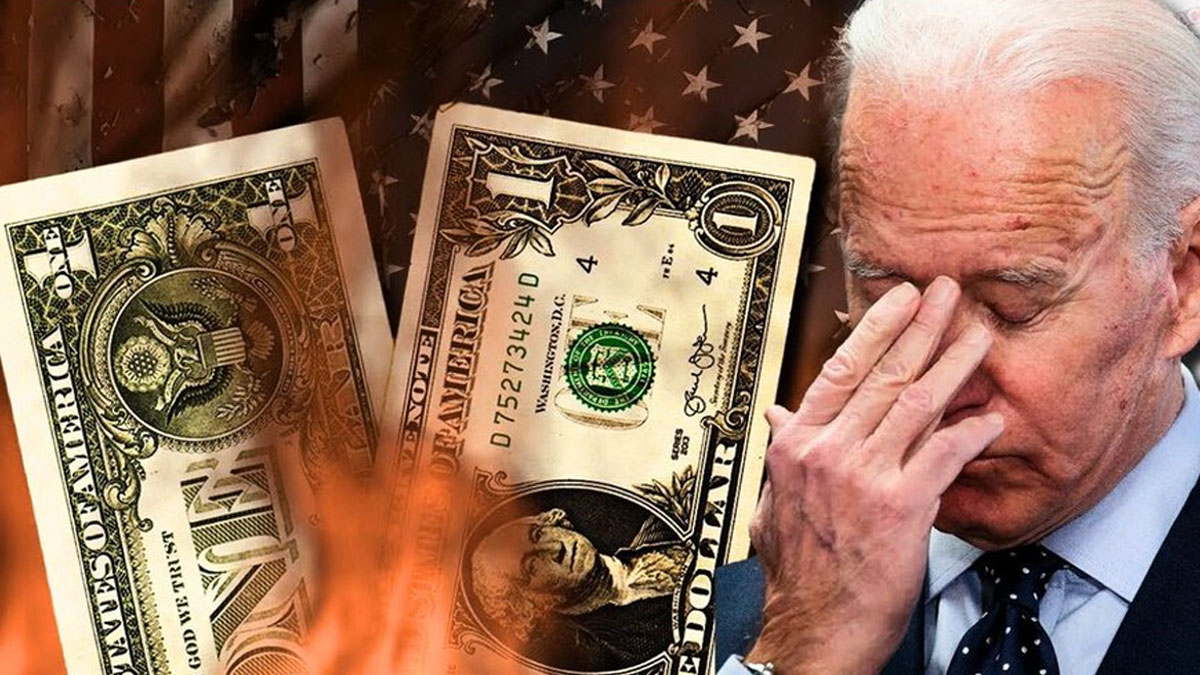
Why is the US Dollar in Big Trouble? April 25, 2024

Deepening Your Due Diligence Procedures April 20, 2024

Meet the Three “Powerbrokers” behind the Climate Change Agenda April 17, 2024
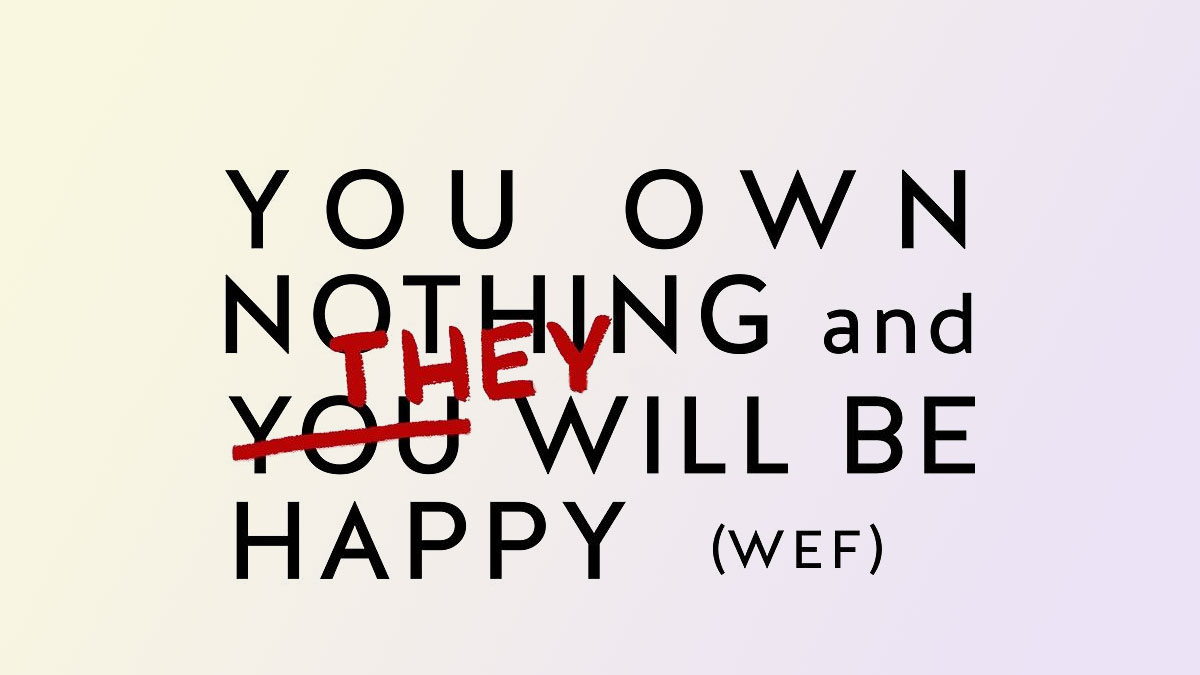
You own nothing and THEY will be happy April 15, 2024

Assessing Bidenomics track record April 13, 2024

How Private Interests Seized Control of America April 10, 2024
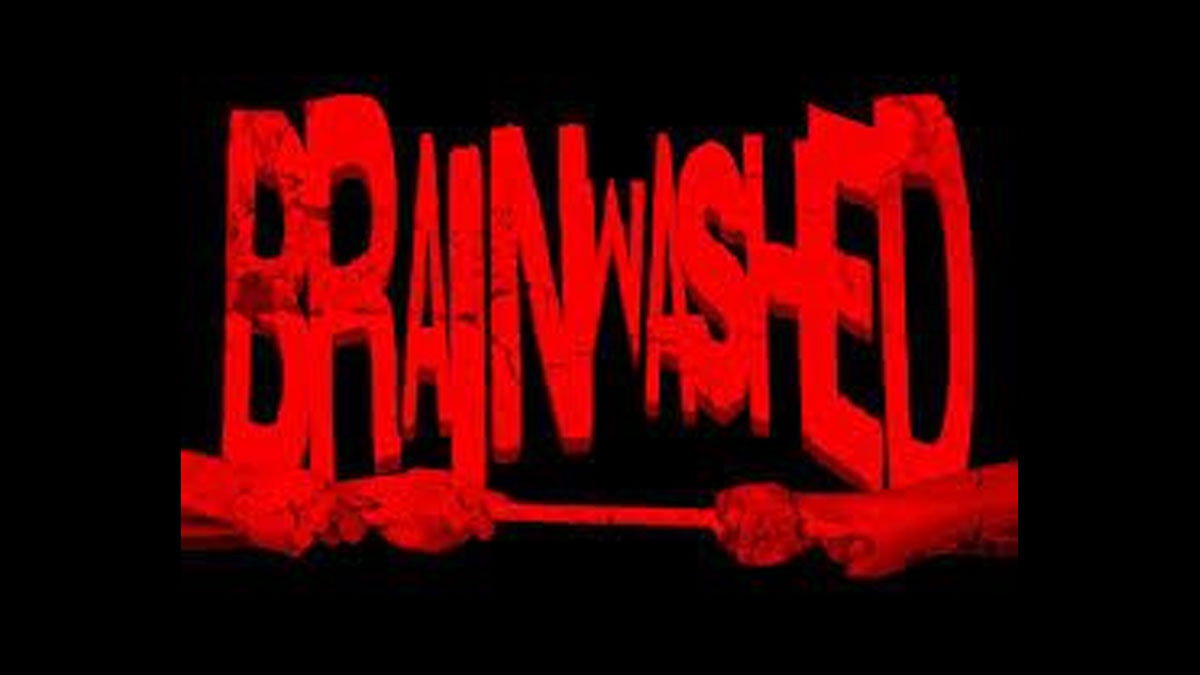
The Art of the Brainwash April 8, 2024

When Envy Meets Stupidity April 1, 2024
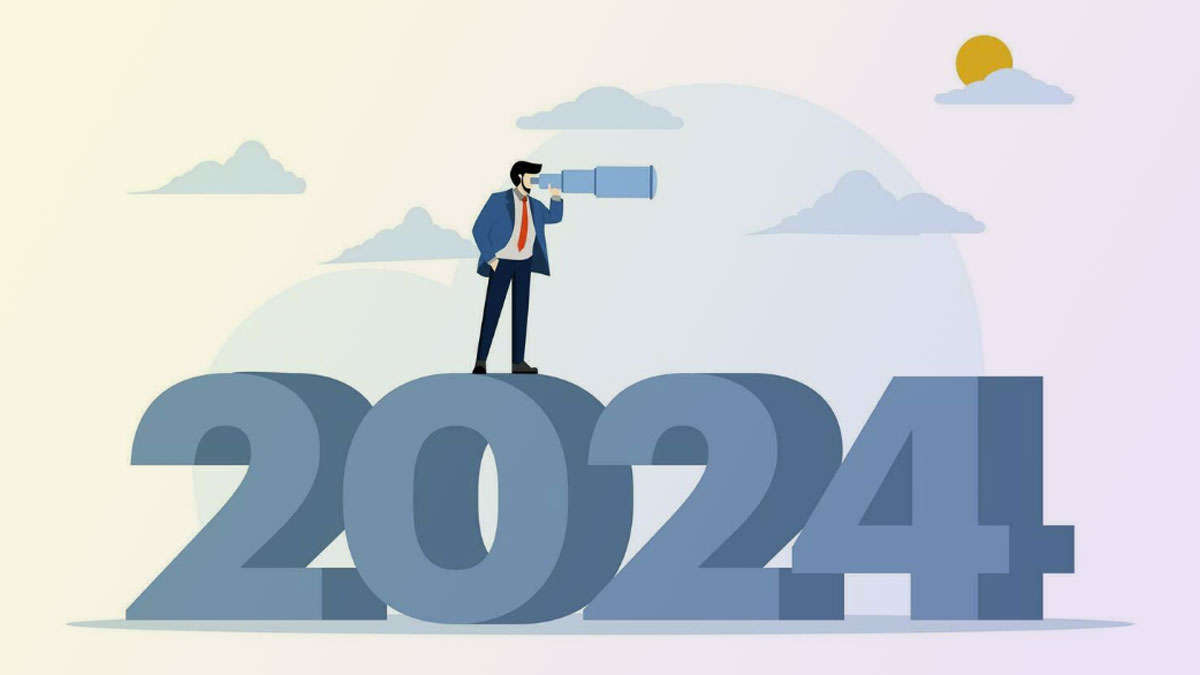
My Personal Forecasts for 2024 March 31, 2024
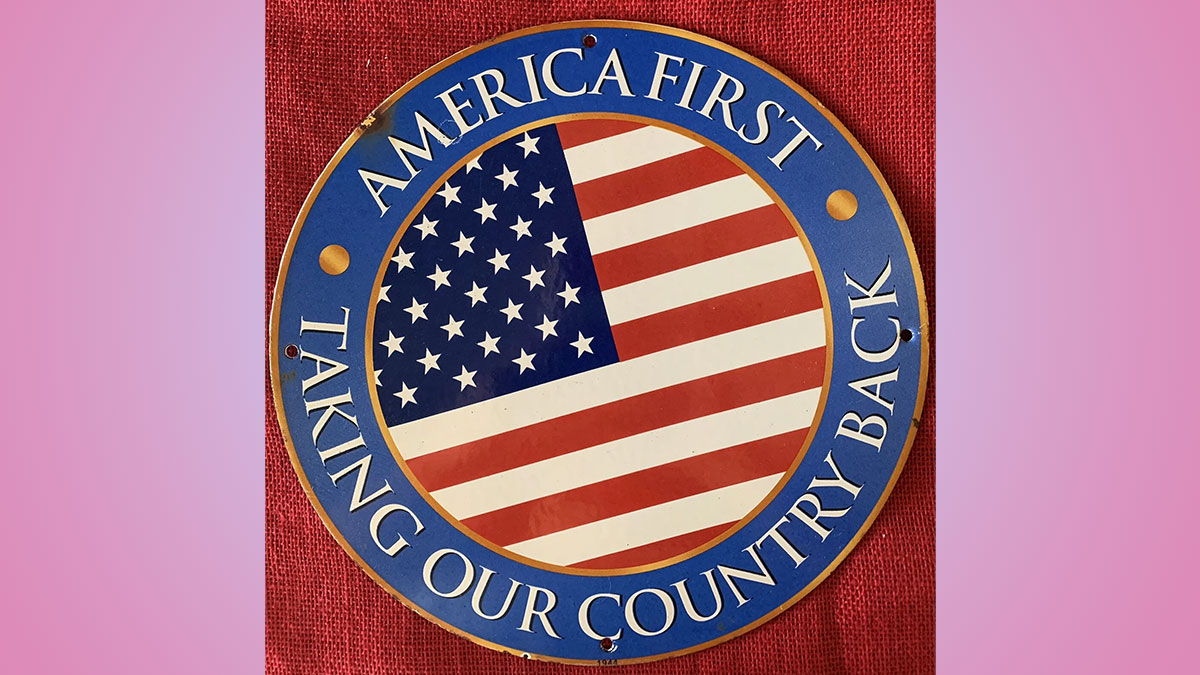
Taking Back Our Country March 30, 2024
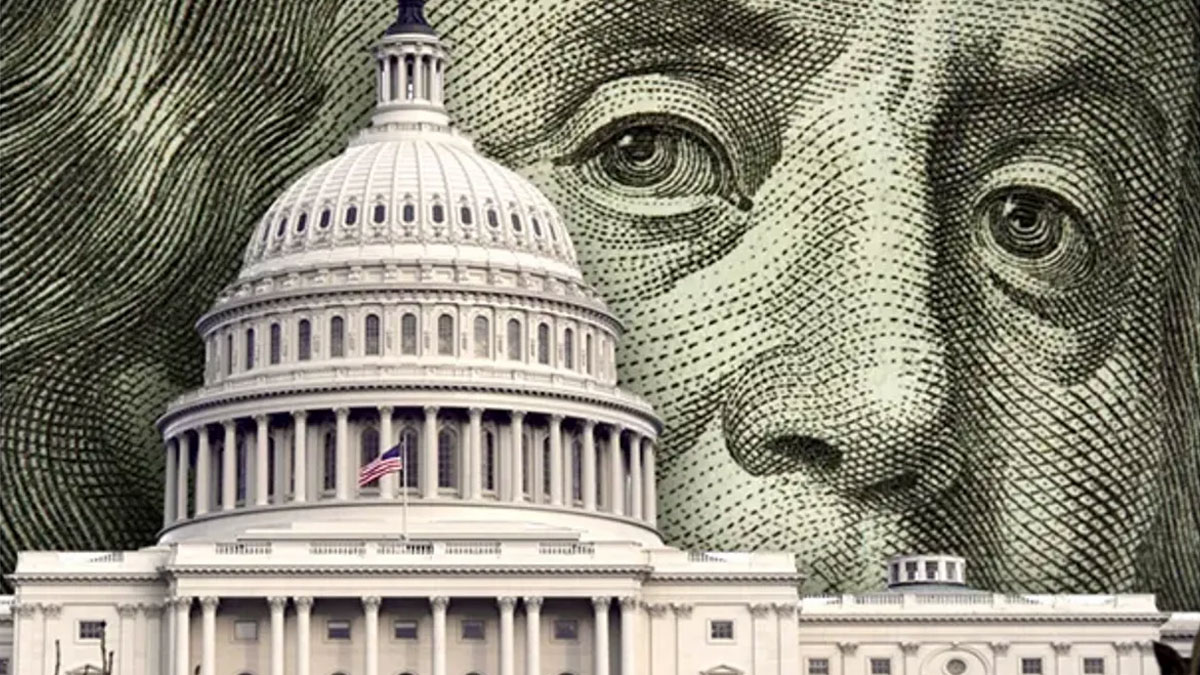
Righting the Wrongs of Capitalism March 29, 2024

America’s Existential Threat: How real is it? March 27, 2024
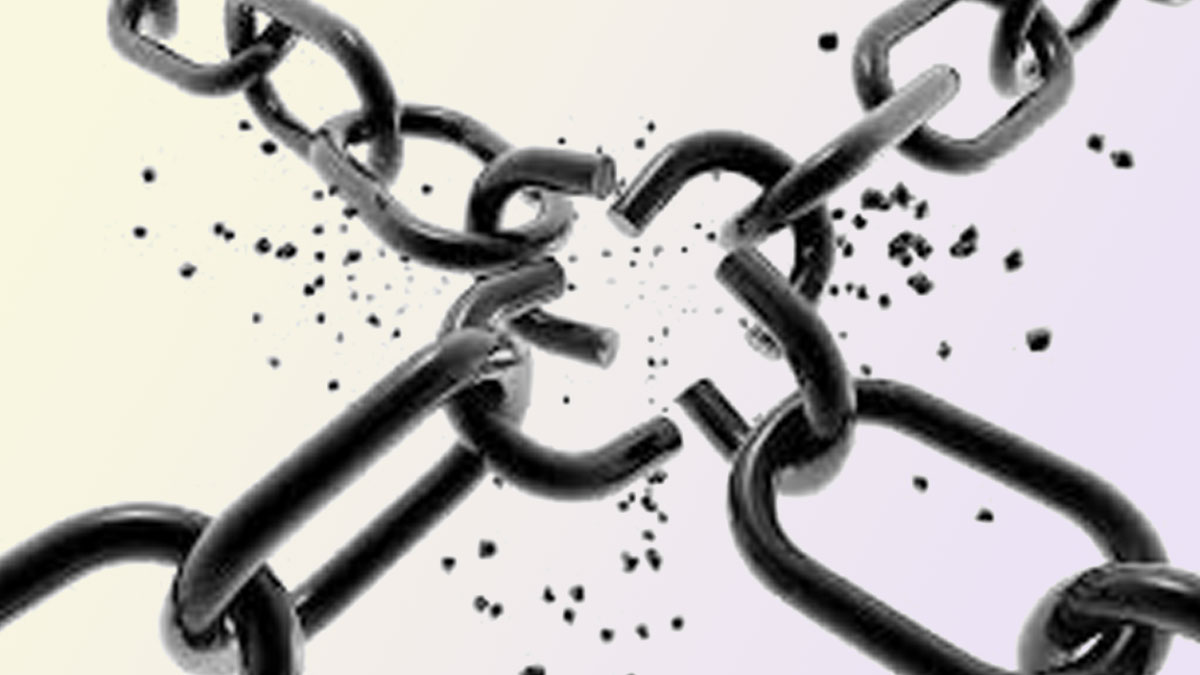
Breaking Free March 26, 2024

Is the Justice Department Killing Capitalism? March 22, 2024
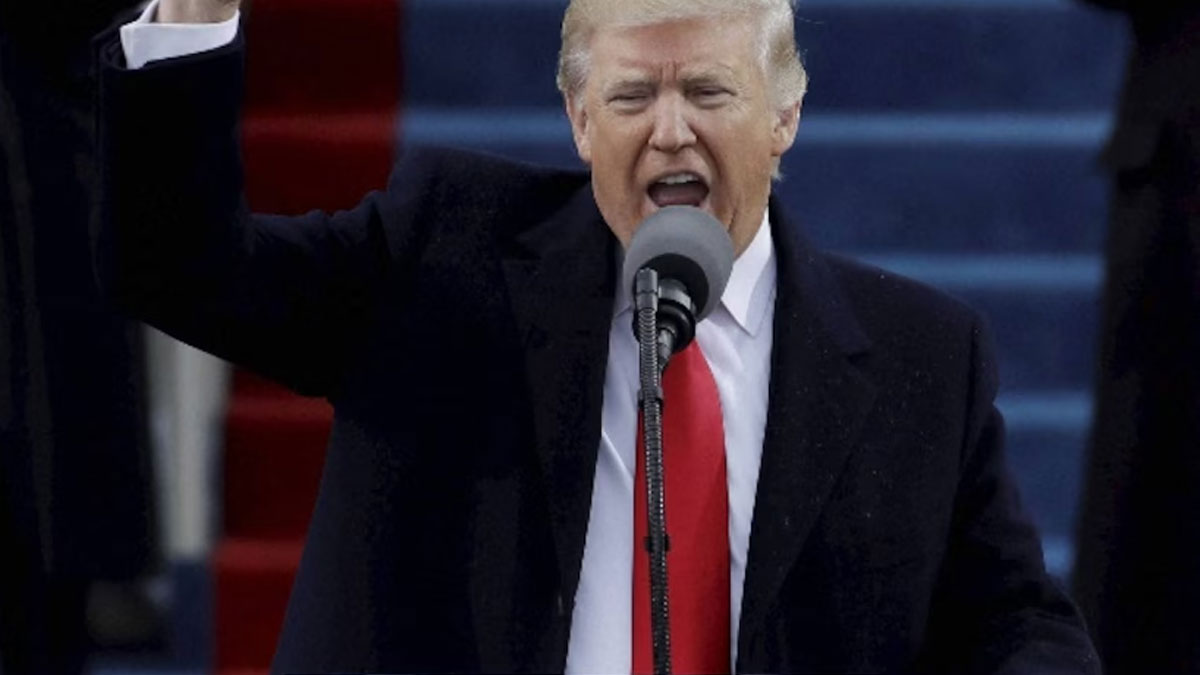
Let’s be honest folks March 19, 2024

Are we Done with the Western World? March 17, 2024
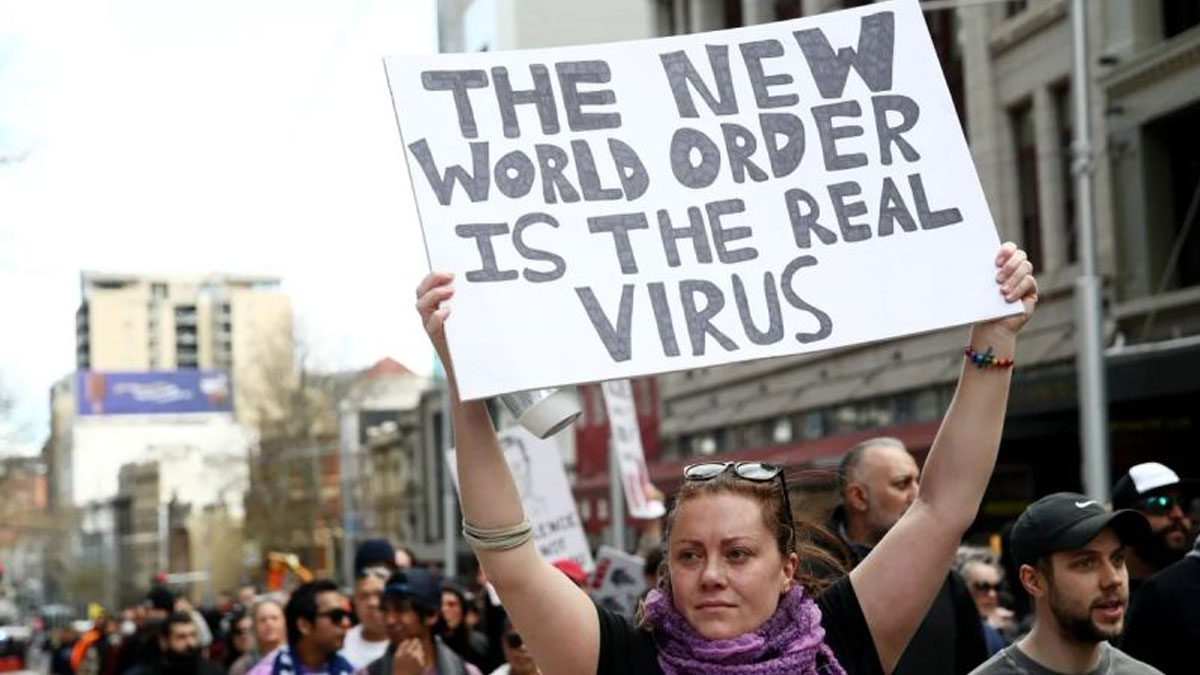
Why Time Has Come to Disobey? March 16, 2024

Revealing the World Economic Forum March 15, 2024
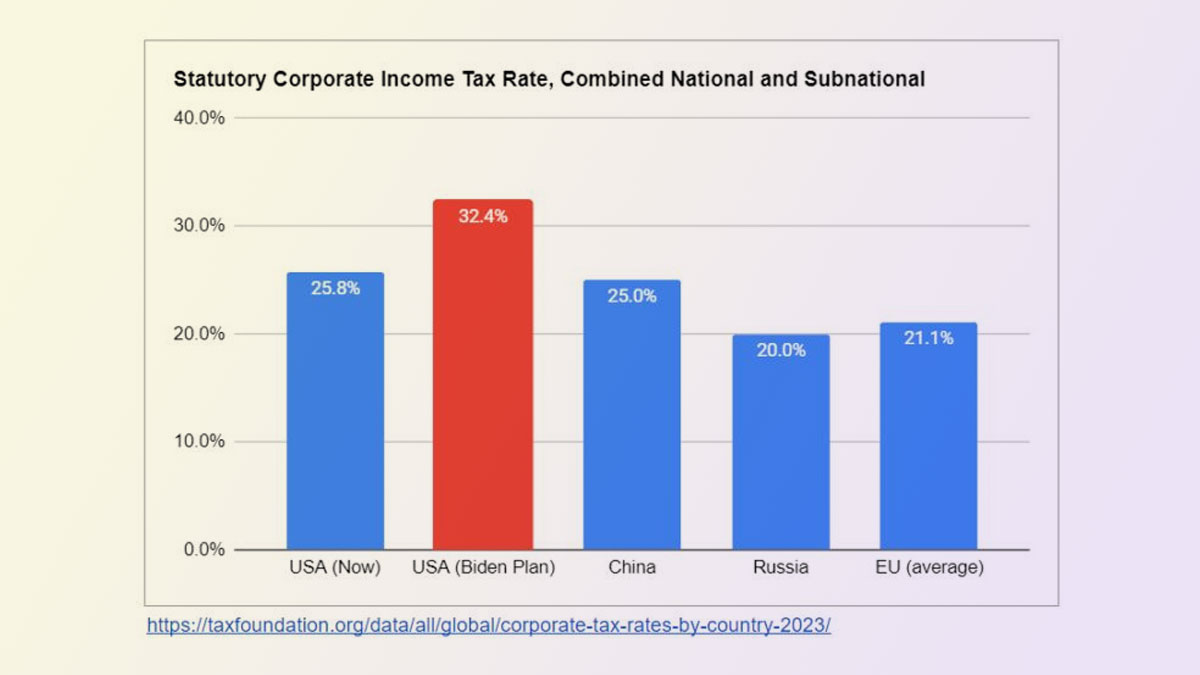
For those of you still rooting for Biden – Let this sink in March 14, 2024
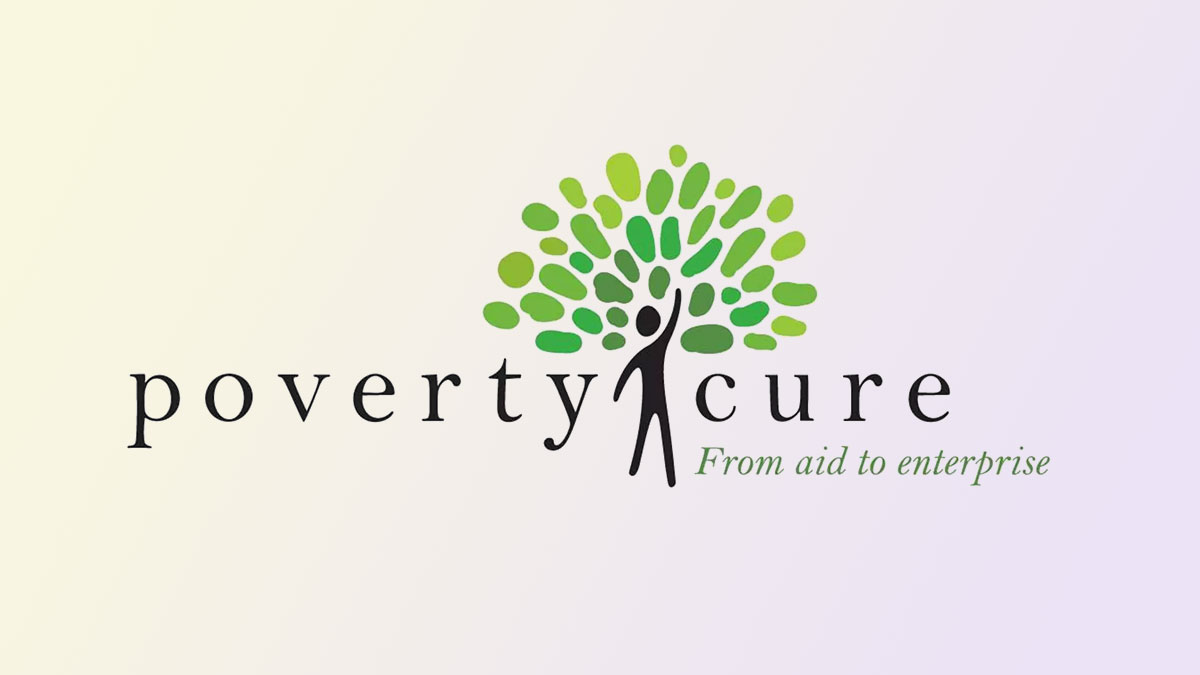
What is the ladder out of poverty? March 13, 2024

What is turning the United States ‘Socialist/Communist’? March 11, 2024

Growing the Economy With a Soak the Rich Tax Plan? March 8, 2024

Which presidential candidate should we vote for? March 6, 2024
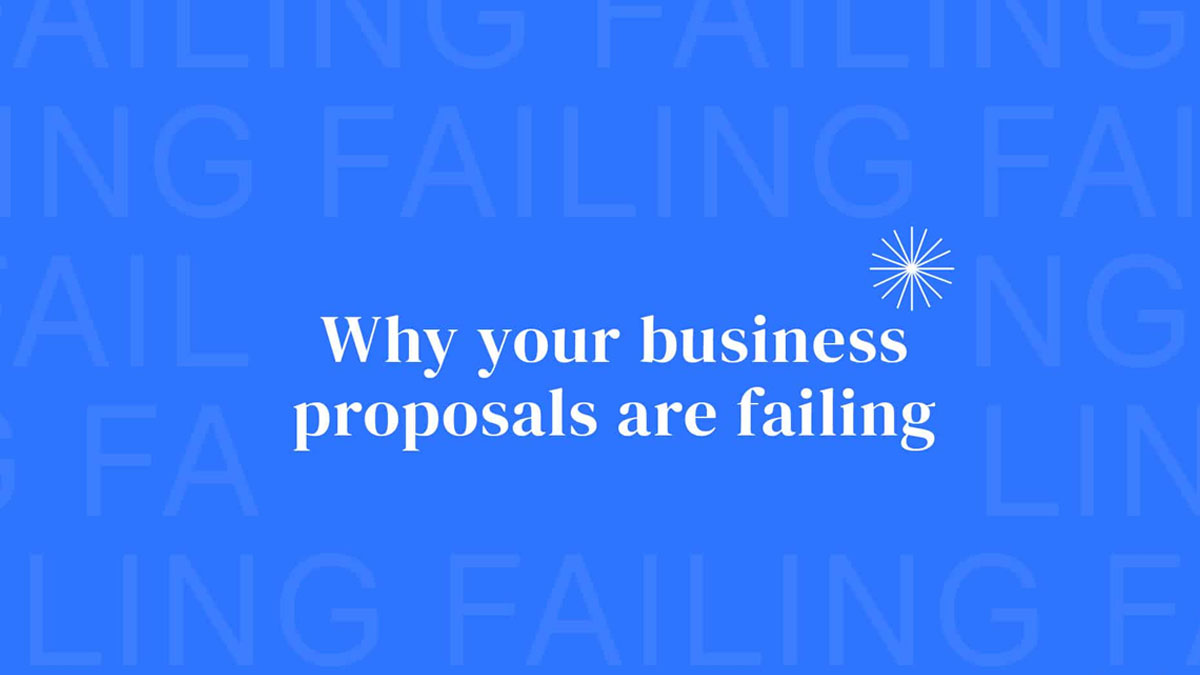
Why your business proposals are failing March 1, 2024

Still a Puppeteer to the Puppet Masters? February 27, 2024

Unlocking the Master Code to Success February 24, 2024

An Open Letter to the “Global Elite” February 22, 2024

What is going on with our US Foreign Policy? February 19, 2024

Understanding the Billionaire Mindset February 16, 2024

Renewing Wealth Creation and the American Dream February 12, 2024

When Power Goes to People’s Heads February 8, 2024

Do you have what it takes to pitch to smart money? February 4, 2024

Smart v/s Dumb Money: How do you differentiate January 31, 2024
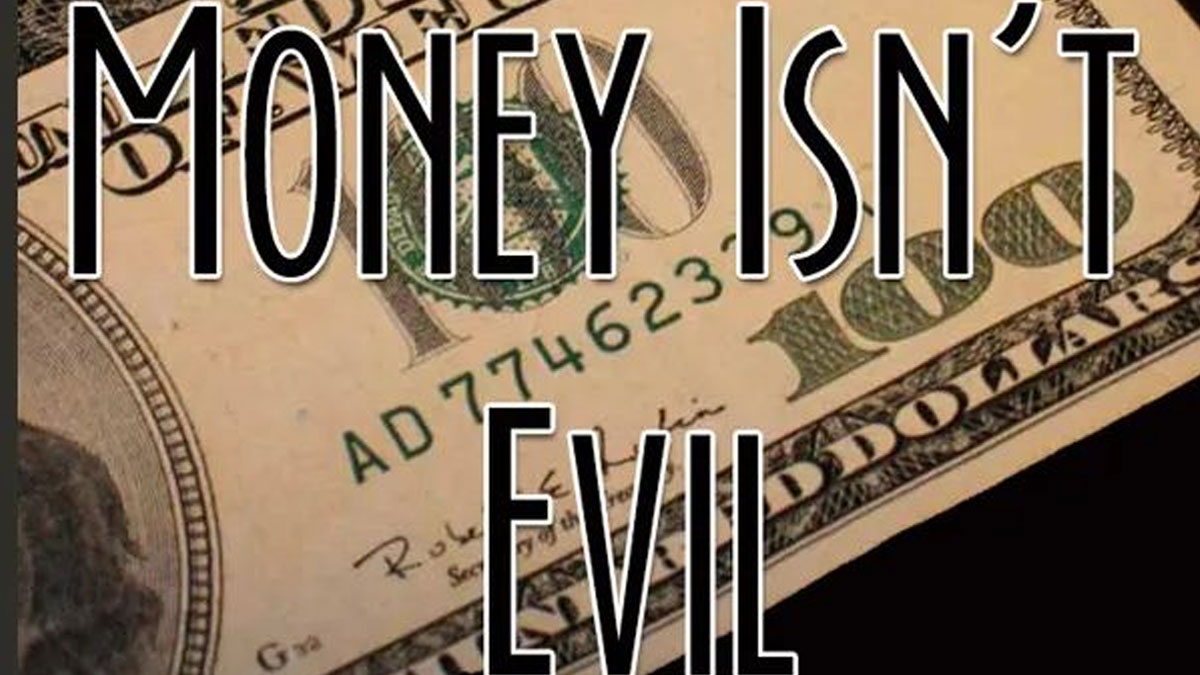
Why do so many socialists view making money as “Evil”? January 17, 2024

If you are so smart why aren’t you rich? January 12, 2024
Note: The Financial Policy Council (FPC) is a registered 501(c)(3) non-profit organization. This means that your generous donations to support our mission and initiatives are tax-deductible to the fullest extent permitted by law. To claim your tax deduction, please keep a record of your donation, including the date, amount, and any correspondence you receive from the FPC acknowledging your contribution. You should consult with your tax advisor to determine the specific tax benefits available to you based on your individual circumstances.

